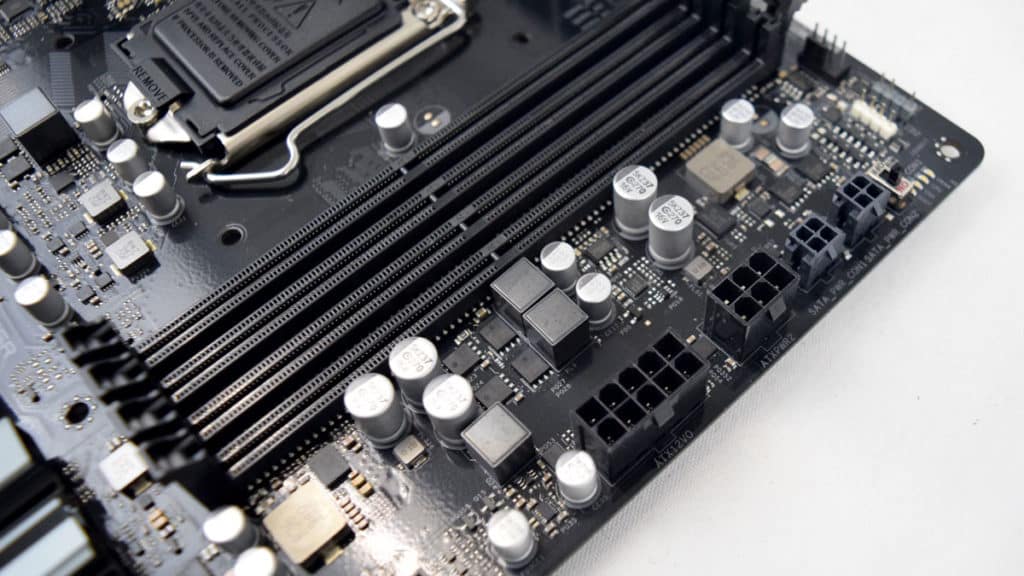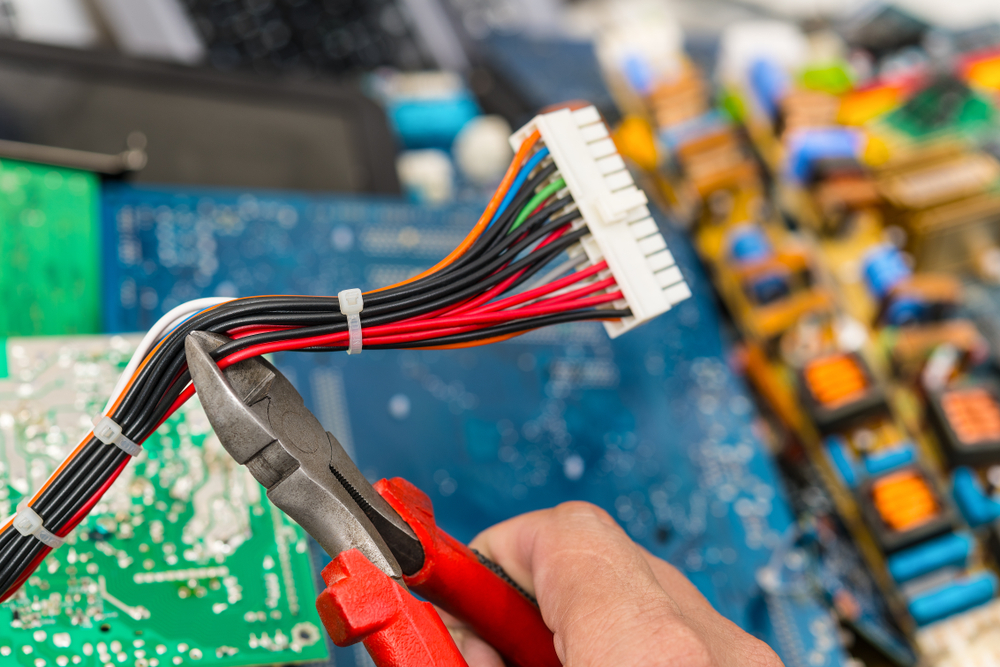- Joined
- May 6, 2019
- Messages
- 13,407
- Points
- 113
Image: Intel
It was previously rumored that Intel would be making a push for the adoption of its new ATX12VO power supply standard by encouraging manufacturers to implement it on motherboards designed for its upcoming 12th Gen Core “Alder Lake-S” processors. While it isn’t clear what level of enforcement Intel had originally considered, a snippet shared by VideoCardz seems to confirm that blue team is definitely hoping to leverage the hype behind Alder Lake-S to get ATX12VO onto a broader market and into the hands of more enthusiasts. The timeline seems to suggest that the first batch of ATX12VO motherboards, which would utilize the new 10-pin power connector and grant higher power efficiency, wouldn’t be...
Continue reading...

